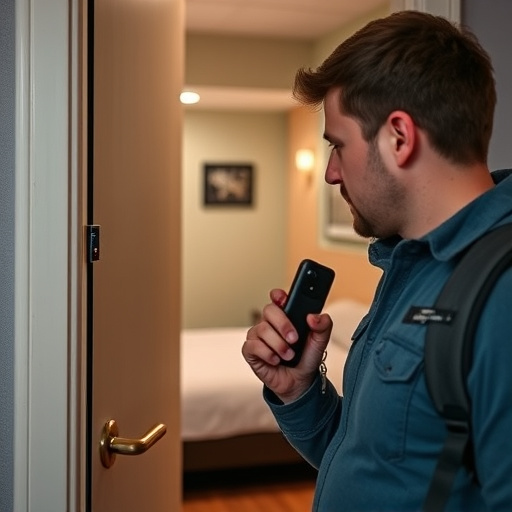Grandparents in Oregon can seek legal custody of grandchildren under specific conditions, involving a structured process that starts with consulting an attorney and filing a petition. Essential documents include background checks, financial records, and character references. The court assesses the child's best interests based on evidence of stability and love, with grandparent rights centered around caring for emotional and physical needs.
“In Oregon, grandparent custody rights play a vital role in family dynamics. This comprehensive guide navigates the intricate process for legal grandparent custody petitions, empowering you to understand your rights and take necessary steps. From recognizing the legal requirements to gathering compelling evidence, this article provides a step-by-step approach. Learn best practices to strengthen your case and familiarize yourself with the entire process, ensuring a smooth journey towards securing legal custody as a grandparent.”
- Understanding Grandparent Custody Rights in Oregon
- Legal Requirements for Grandparent Custody Petitions
- The Step-by-Step Process of Seeking Legal Custody
- Supporting Your Case: Evidence and Best Practices
Understanding Grandparent Custody Rights in Oregon

In Oregon, grandparent custody rights are recognized and protected by law, offering a way for grandparents to seek legal custody of their grandchildren if certain conditions are met. The state’s laws provide a framework for grandparent visitation and custody, ensuring that family connections can be maintained even when parents may not be able to care for their children. Legal custody grandparents in Oregon have the right to make significant decisions regarding a child’s upbringing, such as education, healthcare, and religious beliefs, which are typically reserved for parents.
Grandparents seeking legal custody must demonstrate to a court that it is in the best interest of the child. This often involves presenting evidence of a stable and loving home environment, as well as a history of involvement in the child’s life. The process can be complex, and it is advisable for grandparents to consult with an experienced family law attorney to navigate Oregon’s legal requirements and protect their rights in pursuit of custody.
Legal Requirements for Grandparent Custody Petitions

In Oregon, grandparent custody petitions are governed by specific legal requirements outlined in the state’s family law code. To pursue legal custody as a grandparent, individuals must meet certain criteria and file the appropriate documents with the court. The process typically begins with submitting a petition for custody or visitation rights, providing evidence that establishes their relationship to the child and demonstrating why they should be granted legal custody.
Legal custody petitions require thorough documentation of the grandparent’s capabilities and willingness to provide a stable and loving home environment for the child. This may include background checks, financial affidavits, character references, and any relevant historical data regarding the grandparent-child relationship. The court will evaluate these factors to ensure that granting custody aligns with the best interests of the child.
The Step-by-Step Process of Seeking Legal Custody

Seeking legal custody as a grandparent in Oregon involves a step-by-step process designed to ensure the best interests of the child are at the forefront. Firstly, consult with an experienced attorney who specializes in family law and grandparent rights. They can guide you through the specific legal framework within Oregon Revised Statutes (ORS) pertaining to non-parental custody.
Next, prepare and file a petition for custody in the appropriate court. This will typically include gathering essential documents such as birth certificates, proof of relationship to the child, financial affidavits, and any relevant history or evidence demonstrating your ability to provide a stable and loving home. Once the petition is filed, the court will schedule a hearing where both parties—including the parents and grandparents—can present their cases. It’s crucial to demonstrate to the court that you have a strong bond with the child, your home environment is suitable, and you can provide for the child’s emotional and physical needs.
Supporting Your Case: Evidence and Best Practices

When pursuing legal custody as a grandparent in Oregon, mounting a strong case is paramount. Evidence plays a pivotal role in convincing the court that granting you custody is in your grandchild’s best interests. This can include documents like birth certificates, financial statements demonstrating your stability, and medical records showcasing your ability to provide quality care. Testimonials from other family members, neighbors, or caregivers who have observed your interactions with the child can also be powerful allies.
Best practices for presenting your case involve organization and clarity. Keep detailed records of all interactions with the grandchild, highlighting instances that demonstrate your commitment and capability as a caregiver. Be prepared to address any potential concerns the court might have regarding your age, health, or existing family dynamics. Honesty and transparency are crucial; present yourself as a stable, loving figure who can offer a nurturing environment for the child’s growth and development.














